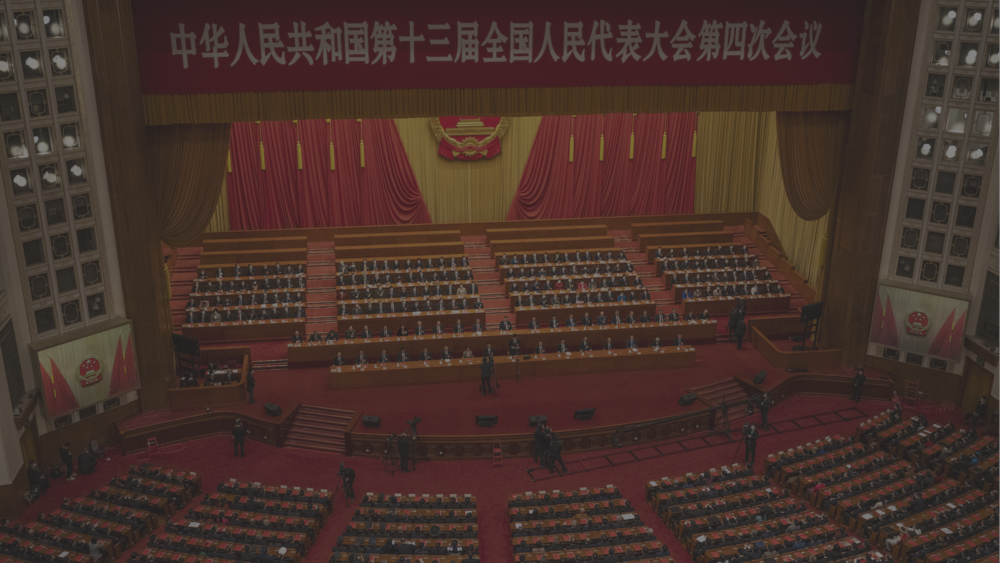JASON ARTERBURN
EXECUTIVE SUMMARY
 China’s commercial system exposes the United States to systemic national security risks that require new approaches for threat identification and response. In the absence of formal market protections, Chinese commercial actors operate with the threat of “exposure, incrimination[,] and, by extension, the coercive power of the party-state.” When Chinese companies pursue globalization, they expose the international community to “national security externalities” of the party-state’s involvement in China’s domestic economy, which lacks the neutrality, due process, and clear legal delineation of state-business relations in market-oriented liberal democracies.
China’s commercial system exposes the United States to systemic national security risks that require new approaches for threat identification and response. In the absence of formal market protections, Chinese commercial actors operate with the threat of “exposure, incrimination[,] and, by extension, the coercive power of the party-state.” When Chinese companies pursue globalization, they expose the international community to “national security externalities” of the party-state’s involvement in China’s domestic economy, which lacks the neutrality, due process, and clear legal delineation of state-business relations in market-oriented liberal democracies.Policymakers internationally have achieved broad consensus about the urgency of mitigating the national security risks of exposure to China’s commercial system, and observers have paid significant attention to changes in China’s political economy under General Secretary Xi Jinping. However, comparatively less work has connected the most recent scholarship on Chinese state-business relations to those national security policy concerns. Additionally, while groups like the House Permanent Select Committee on Intelligence have highlighted the need for nontraditional intelligence consumers like state governments and university administrators to gain access to information about threats from China, there remains relatively limited discussion about how to achieve broader stakeholder engagement.
This report presents a systematic analysis of Chinese state-business relations to develop a novel, operational framework for national security due diligence in China’s commercial sector. To do so, we draw not only on the most recent scholarship in international political economy but also on original analysis of high-scale, low-cost data from publicly available sources.
KEY FINDINGS ARE AS FOLLOWS:
The Chinese party-state engages with commercial actors through networks that are exceedingly complex, diversified, and politicized. We analyze public disclosures from 70,000+ Chinese companies, universities, and civil society organizations to demonstrate that the party-state engages with commercial actors through commercial, financial, academic, social, and political mechanisms that are both similar to and distinct from state-business relations in market-oriented liberal democracies.
Party-state interactions with the commercial sector leave an extensive data footprint in publicly available sources. We develop a novel framework for assessing national security risks related to Chinese commercial actors that considers party-state equity or financing, political exposure, industry sensitivity, market structure, and goal compatibility between the commercial actor and the party-state.
High-scale data integration produces actionable information on national security risks related to technology competition, corruption, threat finance, and political interference. We operationalize our risk framework to identify high-risk networks in China’s military-industrial complex and financial institutions with case studies in quantum technology, organized crime, and political lobbying in the United States.
Based on these findings, we recommend that the U.S. government and its allies invest more significantly in developing a national security due diligence capability on China that leverages publicly available information, which can facilitate effective multilateral policy responses with timeliness and precision.
No comments:
Post a Comment